What treatment
10+ Highly Rated Egg Donation Clinics in Colombia
Reach Out to These Certified Egg Donation Clinics List in Colombia Loved by Patients!
Eugin Colombia - Clínica de Fertilidad
Overview
Clinic Eugin is an international fertility center with over 25 years of experience. We offer advanced treatments for fertility preservation supported by the best technology and personalized care.
Read more details
Clinica FOSCAL
Overview
Clinica FOSCAL is the Best Hospital in Floridablanca Colombia for Emergency Care, Cancer Treatment, and more. Book your consultation now at PlacidWay.
Read more detailsDreams Surrogacy Colombia
Overview
Discover safe, legal, and affordable Surrogacy in Colombia with Dreams Surrogacy. Helping families achieve parenthood dreams with trusted guidance.
Read more detailsinSer - Human IVF and Fertility Center
Private clinic with professionalism and 16 years of experience, specialized in the area of Human Reproduction in renowned educational centers in Europe and the United States and more than 400 procedures per year. Accredited by the Latin American Network of Assisted Reproduction.
Discover your treatment options with a free, no-obligation quote!
Get your quote now!inSer | Spanish Patient Center
Clínica privada con profesionalismo y de 16 años de experiencia, especializada en el área de la Reproducción Humana en renombrados centros educativos en Europa y en los Estados Unidos y más de 400 procedimientos al año. Acreditada por la Red Latinoamericana de Reproducción Asistida.
REPROTEC FERTILITY CENTER
Reprotec Fertility Center in Bogota Colombia offers advanced fertility treatments and personalized care to help couples achieve their dream of having a baby.
Panama Fertility - Advanced IVF Clinic in Panama City
Overview
Panama Fertility is a top fertility clinic in Panama City, offering all advanced treatments like IVF, ICSI, egg and sperm donation, PGS/PGD, and fertility preservation with high success rates.
Read more details
Dr. Glujovsky | Fertility Argentina | CEGYR
Overview
Combining fertility treatments with a sincere, caring environment with personal and professional care... making you feel confident and comfortable with fertility treatments abroad.
Read more detailsDiscover your treatment options with a free, no-obligation quote!
Get your quote now!Doctor Trip
Overview
Doctor Trip, located in Buenos Aires, Argentina, is a company focused on offering medical tourists travel companions to make patients feel safe and comfortable during their trip. The company offers doctors and nurses experienced in flight, who are trained to offer support during the entire trip and meet the needs of the traveler. The nurses manage any medications that the patient is taking, monito
Read more detailsRefresh Med
We have selected the cream of the crop surgeons from South America. We have done our homework and have a proven record of success.
San Isidro Medicina / Fertilab
San Isidro Medicina / Fertilab in San Isidro, Argentina is best known for their expertise on fertility treatments along with quality care and personalized treatment. Fertilab Medical Center has modern technology and they have gained the trust of the patients with record success.
Which are the top-rated egg donation clinics in Colombia?
Colombia hosts several highly regarded egg donation clinics known for their specialized care and advanced reproductive technologies. Leading options include Eugin Colombia in Bogota, recognized for extensive experience and positive patient feedback, Clinica FOSCAL in Bucaramanga, offering diverse medical services with excellent patient recommendations, and inSer, a human IVF and fertility center with locations across major cities like Medellin, Bogota, and Cali. REPROTEC FERTILITY CENTER in Bogota also stands out for its advanced fertility treatments.
When considering the best egg donation clinics in Colombia, several facilities consistently receive high recognition for their comprehensive services and patient-focused approach. These clinics combine cutting-edge technology with experienced medical teams to provide successful fertility outcomes.
- Eugin Colombia - Clínica de Fertilidad (Bogota): This clinic is highly recommended by patients and has extensive experience in fertility treatments, including egg donation. They are known for their advanced technology and personalized patient care.
- Clinica FOSCAL (Bucaramanga): While offering a broad range of medical services, Clinica FOSCAL is noted for its strong patient satisfaction in areas like fertility, backed by positive reviews. Their commitment to quality care is evident across their specialties.
- Dreams Surrogacy Colombia (Bogota, Barranquilla): This center specializes in surrogacy but is also a key player in assisted reproduction, providing services related to egg donation within its comprehensive programs.
- inSer - Human IVF and Fertility Center (Medellin, Bogota, Cali): With multiple locations, inSer boasts 16 years of experience in human reproduction, recognized by the Latin American Network of Assisted Reproduction (REDLARA) for its high standards and significant number of successful procedures annually.
- REPROTEC FERTILITY CENTER (Bogota): This center is another prominent facility in Bogota, offering advanced fertility treatments designed to help couples achieve their dream of parenthood through individualized plans.
These clinics are often sought after by both local and international patients due to their adherence to high medical standards and commitment to patient well-being during the sensitive process of egg donation. It's advisable to research each clinic further to find one that best matches your specific needs and preferences.
What are the key factors for choosing an egg donation clinic in Colombia?
When selecting an egg donation clinic in Colombia, prioritize transparent success rates, robust donor screening, and recognized accreditations. Look for clinics offering comprehensive patient support, including bilingual staff and assistance with travel logistics, ensuring a smooth and stress-free experience. Evaluating their laboratory technology for optimal embryo development is also crucial for successful outcomes in fertility treatment.
Choosing the right egg donation clinic is a significant decision. Beyond basic services, several factors contribute to a positive and successful experience in Colombia.
- Accreditations and Certifications: Ensure the clinic is officially recognized by Colombian health authorities and ideally holds international accreditations like those from REDLARA (Latin American Network of Assisted Reproduction). These signify adherence to high quality, safety, and ethical standards.
- Success Rates Transparency: Request clear and verifiable success rates specifically for egg donation cycles. A reputable clinic will be open about their statistics, often distinguishing between clinical pregnancy rates and live birth rates per embryo transfer.
- Comprehensive Donor Screening: Inquire about the thoroughness of their egg donor screening process. This should include detailed medical, genetic, psychological, and infectious disease evaluations to ensure donor health and suitability.
- Advanced Laboratory Technology: The quality of the embryology laboratory directly impacts outcomes. Ask about the technologies they employ, such as vitrification for egg/embryo freezing and advanced embryo selection techniques.
- Patient Support Services: For international patients, dedicated coordinators who can assist with language, travel arrangements, accommodation, and appointment scheduling are invaluable. Emotional support and counseling options are also important.
- Personalized Treatment Plans: A good clinic will tailor treatment protocols to your individual medical history and needs, rather than offering a one-size-fits-all approach.
What are the legal regulations for egg donation in Colombia?
Egg donation in Colombia operates under specific legal and ethical guidelines, ensuring donor anonymity and strict screening protocols. Colombian law supports assisted reproductive technologies, generally allowing procedures for single individuals, same-sex, and heterosexual couples. Donor identities are kept confidential from recipients, focusing on the child's privacy while compensating donors for their time and effort.
Colombia has a progressive stance on assisted reproductive technologies, including egg donation, which is largely influenced by rulings from its Constitutional Court that uphold fundamental rights, including the right to form a family.
Key aspects of the legal framework include:
- Donor Anonymity: A core principle of egg donation in Colombia is the anonymity of the donor. The identities of both the donor and the recipient are protected, meaning children born from donation do not have a legal right to know the donor's identity.
- Non-Discriminatory Access: Fertility clinics in Colombia are generally inclusive, providing services to a wide range of individuals and couples, including single women, same-sex couples, and unmarried heterosexual couples, without discrimination based on marital status or sexual orientation.
- Donor Compensation: While egg donation is considered an altruistic act, donors receive compensation for their time, effort, and any discomfort or risks associated with the medical procedures. This is ethically managed to avoid commercialization of gametes.
- Informed Consent: Clinics are legally obligated to ensure all parties – donors and recipients – provide comprehensive informed consent, understanding all medical procedures, potential risks, and legal implications involved.
- Strict Screening: Regulations mandate rigorous medical, genetic, and psychological screening of potential donors to ensure their health and suitability, protecting both the donor and the future child.
How do Colombian clinics screen potential egg donors?
Colombian fertility clinics implement a thorough, multi-phase screening process for egg donors to ensure safety and optimal outcomes. This includes extensive medical history reviews, detailed physical and gynecological examinations, psychological evaluations, and comprehensive genetic and infectious disease testing. This rigorous approach minimizes risks and enhances the chances of a healthy pregnancy for recipients, adhering to high international standards.
The meticulous screening of egg donors is paramount in Colombian fertility clinics, ensuring the health and safety of both the donor and the future child. This process is designed to identify the most suitable candidates and reduce potential risks associated with egg donation.
The donor screening typically involves:
- Initial Application and Medical History Review: Candidates complete a detailed questionnaire about their personal and family medical history, lifestyle, and reproductive health. This helps identify any inherited conditions or significant health concerns.
- Psychological Evaluation: A qualified psychologist conducts an assessment to evaluate the donor's mental and emotional stability, her understanding of the donation process, and her motivations. This ensures she is making an informed decision and can cope with the emotional aspects.
- Physical and Gynecological Examination: A comprehensive physical exam is performed, including a pelvic ultrasound to assess ovarian health and reserve.
- Genetic Testing: Donors undergo extensive genetic screening for common inherited disorders (e.g., cystic fibrosis, fragile X syndrome) and a karyotype analysis to detect chromosomal abnormalities. This is crucial for preventing the transmission of genetic diseases.
- Infectious Disease Screening: Mandatory blood tests are conducted for various infectious diseases, including HIV, Hepatitis B and C, Syphilis, and others, to ensure no infectious agents are transmitted.
- Drug and Nicotine Screening: Donors are tested for drug use and nicotine, as these can impact egg quality and the health of the recipient.
What support services do Colombian fertility clinics offer international patients?
Colombian fertility clinics are well-equipped to support international patients, offering dedicated bilingual coordinators to streamline the entire process. Services typically include assistance with travel and accommodation planning, remote consultations before arrival, and continuous communication throughout treatment. This comprehensive support aims to make the medical journey as comfortable and stress-free as possible for patients traveling abroad for fertility care.
Recognizing the unique needs of individuals traveling from other countries, leading Colombian fertility clinics have developed robust support systems to ensure a smooth and comfortable experience.
These services often include:
- Dedicated International Patient Coordinators: These bilingual professionals act as your main point of contact, guiding you through every step, from initial inquiry to post-treatment follow-up. They facilitate communication between you and the medical team, manage appointments, and answer non-medical questions.
- Travel and Accommodation Assistance: While patients typically book their own flights, clinics can provide recommendations for trusted local hotels, apartments, or recovery houses, often securing preferential rates. They may also advise on local transportation and airport transfers.
- Remote Consultations: Initial consultations with fertility specialists are often conducted via video conferencing, allowing patients to discuss their case, receive a preliminary diagnosis, and develop a treatment plan without needing to travel immediately.
- Language Support: Most clinics serving international patients have English-speaking staff, and some may offer translation services for other languages if needed.
- Emotional and Psychological Counseling: Fertility treatment can be emotionally challenging. Many clinics offer access to counselors or support groups specifically tailored for patients undergoing treatment.
- Transparent Financial Guidance: Clinics provide clear, itemized treatment plans, ensuring patients understand all costs upfront, including potential extra procedures or medications.
What are the typical success rates for egg donation IVF in Colombia?
Success rates for egg donation IVF in Colombia are notably high, with many reputable clinics reporting clinical pregnancy rates ranging from 60% to 70% per embryo transfer. These impressive figures are largely due to the use of eggs from young, thoroughly screened donors, which generally results in higher quality embryos. Outcomes can vary by individual circumstances and clinic-specific protocols, but overall prospects are very positive.
Egg donation IVF typically boasts higher success rates compared to conventional IVF using a recipient's own eggs, primarily because the quality of the donated eggs is generally superior, stemming from younger, rigorously screened donors. Colombian clinics often publish success rates that are competitive with top-tier clinics globally.
When evaluating success rates, it's essential to understand what statistics are being presented:
- Clinical Pregnancy Rate per Embryo Transfer: This is a common metric, indicating the percentage of embryo transfers that result in a confirmed pregnancy (usually visualized by ultrasound). For egg donation, this rate frequently falls between 60% and 70% at leading Colombian clinics.
- Live Birth Rate per Embryo Transfer: This is arguably the most critical statistic, reflecting the percentage of transfers that lead to the birth of a living baby. This rate will naturally be slightly lower than the clinical pregnancy rate due to factors like miscarriage.
- Fresh vs. Frozen Egg Cycles: Some clinics may differentiate between success rates using fresh donor eggs versus frozen (vitrified) eggs. With modern vitrification techniques, the success rates for frozen eggs are often comparable to fresh cycles at advanced laboratories.
- Factors Influencing Success: While donor egg quality is a major factor, the recipient's uterine health, the quality of the sperm, the expertise of the embryology lab, and the number of embryos transferred also play significant roles.
Always ask clinics for their most recent and independently verified success data.
How can I securely transfer my medical records to a fertility clinic in Colombia?
To securely transfer your medical records to a Colombian fertility clinic, contact their international patient department. They typically offer secure online portals or encrypted email for document submission. You'll need to gather all relevant health information from your local doctors, such as hormone test results, ultrasounds, and summaries of past fertility treatments. Ensure all documents are clearly labeled and, if necessary, translated professionally.
Transferring sensitive medical information requires careful attention to security and completeness. Colombian fertility clinics are accustomed to receiving records from international patients and will guide you through the process.
Here's a step-by-step guide to ensure a secure and efficient transfer:
- Contact the Clinic's International Department: Your first step should be to reach out to the clinic's dedicated international patient coordinator. They will provide a specific list of required documents and instructions on their preferred secure transfer method.
- Gather Required Documents: Request all relevant medical records from your current healthcare providers. This may include:
- Hormone assay results (e.g., AMH, FSH, Estradiol)
- Ultrasound reports (pelvic, uterine cavity assessment)
- Infectious disease screening results (e.g., HIV, Hepatitis B & C)
- Semen analysis results (for the male partner, if applicable)
- Reports from any previous fertility treatments (IVF cycles, IUI, surgeries)
- General health records or any relevant specialist reports.
- Ensure Professional Translation (if needed): Confirm with the Colombian clinic if your records need to be officially translated into Spanish. Some clinics have English-speaking staff who can process records in English, but it's best to verify this upfront.
- Utilize Secure Transfer Methods: Clinics usually provide secure online patient portals or use encrypted email services for transmitting sensitive data. Avoid sending unencrypted documents via standard email.
- Follow Up: After sending your records, follow up with the international patient coordinator to confirm receipt and ensure all necessary documents have been received and are legible.
Are there waiting lists for specific egg donor profiles at Colombian clinics?
Generally, major Colombian fertility clinics do not have extensive waiting lists for egg donors, thanks to their robust donor databases. These clinics proactively recruit and screen a diverse pool of donors, allowing for efficient matching. While highly specific donor characteristics might require a slightly longer search, most patients can expect a relatively quick matching process, facilitating a prompt start to their treatment.
One of the advantages of seeking egg donation in Colombia is the typical absence of long waiting lists, which can be a significant concern in other regions. Clinics work diligently to maintain a comprehensive and diverse donor pool to meet patient needs efficiently.
However, the timeline for donor matching can depend on a few factors:
- Donor Availability and Diversity: Colombian clinics often recruit donors from varied ethnic backgrounds, offering a wide range of physical characteristics, educational levels, and personal attributes. This diversity helps in finding suitable matches quickly.
- Specificity of Recipient Preferences: If intended parents have extremely precise or rare criteria for a donor (e.g., specific ancestry, very particular physical traits, or unique educational achievements), the matching process might take slightly longer. However, most general preferences can be met without delay.
- Fresh vs. Frozen Egg Cycles: If you opt for a fresh egg donation cycle, the process involves synchronizing the donor's cycle with yours (or your surrogate's). If you choose frozen donor eggs from an existing egg bank, treatment can often begin almost immediately after selection.
- Clinic's Internal Processes: Each clinic has its own donor recruitment and management system. Reputable clinics prioritize having a readily available selection of screened donors to minimize waiting times for their patients.
It's always recommended to discuss expected timelines with the clinic's international patient coordinator during your initial consultations.
What is the process for matching with an egg donor in Colombia?
The egg donor matching process at Colombian clinics is guided by recipient preferences and a comprehensive donor database. Intended parents review anonymous donor profiles containing non-identifying information like physical characteristics, educational background, and family medical history. Clinic coordinators assist in selecting a suitable donor that aligns with personal and biological criteria, ensuring a comfortable and informed choice for the recipient.
Finding the right egg donor is a very personal journey, and Colombian clinics facilitate this process with sensitivity and thoroughness. The goal is to connect intended parents with a donor who not only meets their preferences but also ensures the highest possible chance of a healthy pregnancy.
The typical donor matching process includes:
- Initial Consultation and Medical Evaluation: After your medical assessment, the fertility specialist will confirm that egg donation is the appropriate treatment path for you.
- Access to Donor Database: You will be provided access to a secure, anonymous database of available egg donors. These profiles contain extensive non-identifying information about the donors.
- Reviewing Donor Profiles: Each donor profile typically includes:
- Physical attributes (height, weight, hair color, eye color, skin tone)
- Ethnicity and genetic background
- Educational background and professional information
- Hobbies, interests, and talents
- Childhood photos (adult photos are generally not provided to maintain anonymity)
- Detailed personal and family medical history, including any genetic test results.
- Psychological evaluation summaries.
- Donor Selection: You will review the profiles and select a donor (or a few preferred candidates) that best match your family's desired characteristics and personal values. Clinic staff, including a patient coordinator or a biologist, can offer guidance during this sensitive decision-making phase.
- Medical Cross-Check: Once you've chosen a donor, the clinic may perform a final medical cross-check, such as genetic carrier screening compatibility with the intended father (or sperm donor), to minimize risks.
- Cycle Coordination: After the donor is confirmed, the medical team will synchronize the donor's cycle with the recipient's, leading to the egg retrieval and subsequent IVF procedures.
Do Colombian fertility clinics offer genetic testing of embryos?
Yes, many leading fertility clinics in Colombia provide advanced Preimplantation Genetic Testing (PGT) for embryos, a crucial service for egg donation cycles. This includes PGT-A for chromosomal screening and PGT-M for specific genetic disease detection. PGT significantly enhances pregnancy success rates and reduces risks of miscarriage or genetic conditions in the baby, showcasing the clinics' commitment to comprehensive care.
Modern fertility clinics in Colombia widely offer Preimplantation Genetic Testing (PGT) as an integral part of their assisted reproductive services, especially beneficial for egg donation cycles. This advanced screening technique helps ensure the health and viability of embryos before transfer.
The main types of PGT offered include:
- PGT-A (Preimplantation Genetic Testing for Aneuploidy): This is the most common form of PGT. It screens embryos for chromosomal abnormalities (aneuploidy), such as an incorrect number of chromosomes. Transferring a euploid (chromosomally normal) embryo significantly increases the chances of successful implantation, reduces miscarriage rates, and lowers the risk of conditions like Down syndrome.
- PGT-M (Preimplantation Genetic Testing for Monogenic/Single Gene Defects): This test is used when intended parents (or the egg donor/sperm donor) are known carriers of a specific single-gene genetic disorder (e.g., Cystic Fibrosis, Huntington's Disease, Tay-Sachs disease). PGT-M allows clinics to select embryos that are free from the specific genetic mutation.
The PGT Process:
- Embryo Biopsy: A small number of cells are gently removed from the trophectoderm (which will become the placenta) of a blastocyst-stage embryo (typically on day 5 or 6 of development).
- Embryo Freezing: After the biopsy, the embryos are typically cryopreserved (vitrified) while the biopsied cells are sent to a specialized genetics laboratory for analysis.
- Genetic Analysis and Report: The lab analyzes the cells for chromosomal abnormalities or specific genetic mutations. The results indicate which embryos are genetically normal or affected.
- Frozen Embryo Transfer (FET): Once the results are available, a subsequent frozen embryo transfer cycle is planned to transfer selected, healthy embryos.
Offering PGT demonstrates a clinic's commitment to advanced reproductive medicine and providing patients with the best possible outcomes for a healthy pregnancy.
How do I verify a Colombian fertility clinic's accreditation?
To verify a Colombian fertility clinic's accreditation, first check their website for accreditation logos from the Colombian Ministry of Health or international bodies. Confirm national registration with the local Secretaría de Salud. Crucially, verify their active membership with the Latin American Network of Assisted Reproduction (REDLARA), which lists accredited centers publicly. Always ask the clinic directly for their certificates during consultations for full transparency.
Verifying a fertility clinic's accreditation is a critical step to ensure you receive high-quality, safe, and ethically compliant care. In Colombia, several levels of accreditation and oversight exist.
Here’s how you can verify a clinic's credentials:
- Clinic's Website: Start by examining the clinic's official website. Reputable clinics proudly display their accreditations and certifications, often with logos of the relevant bodies. Look for sections like "About Us," "Quality," or "Certifications."
- National Health Authority Registration: Ensure the clinic is registered and licensed by the appropriate national and local health authorities. In Colombia, this involves oversight from the Ministry of Health and Social Protection and the local "Secretaría de Salud" of the city where the clinic operates (e.g., Bogotá, Medellín). You might be able to search public registries or the clinic can provide proof of this registration.
- REDLARA Accreditation: The Latin American Network of Assisted Reproduction (REDLARA) is a highly respected regional organization that accredits fertility centers based on rigorous standards for quality, safety, and transparency. A clinic's REDLARA accreditation is a strong indicator of its commitment to excellence. You can typically verify a clinic's active status by checking the REDLARA official website's list of accredited centers.
- ISO Certifications: Some clinics may also hold ISO 9001 certification, which demonstrates a commitment to quality management systems. While not specific to fertility medicine, it indicates a structured approach to processes and patient satisfaction.
- Direct Inquiry: Do not hesitate to ask the clinic's international patient coordinator or medical director directly for copies of their accreditation certificates during your initial consultations. A transparent and reputable clinic will readily provide this information.
Thoroughly checking these accreditations provides peace of mind and assures you that the clinic operates under strict guidelines and best practices.
How PlacidWay helps individuals access Egg Donation in Colombia?
PlacidWay serves as your trusted partner in navigating the journey of egg donation in Colombia, simplifying a complex process into a manageable and transparent experience.
- Comprehensive Information: PlacidWay provides detailed, up-to-date information about Egg Donation in Colombia. We explain the procedure, benefits, potential risks, and realistic outcomes, empowering you with the knowledge needed to move forward confidently.
- Clinic Comparison and Affordability: We help you compare various top-tier clinics in Colombia, presenting clear options that balance affordability with the highest standards of medical quality. Our goal is to ensure you receive world-class care without financial compromise.
- Trusted and Vetted Clinics: PlacidWay assists you in finding trusted, accredited clinics and highly experienced medical professionals who specialize in Egg Donation in Colombia. We vet our partners to ensure they meet stringent international quality and safety standards.
- Personalized Consultations: We offer one-on-one consultations to understand your unique situation. This allows us to help you make an informed decision about your treatment, ensuring the chosen clinic and plan perfectly align with your specific needs and goals.
- Continuous Support: Our support doesn't end after your treatment. PlacidWay ensures you have a plan for continued support after the procedure, including assistance with coordinating follow-up care and recovery, providing peace of mind throughout your entire journey.
Ready to get Egg Donation in Colombia? Contact us today for a personalized consultation.












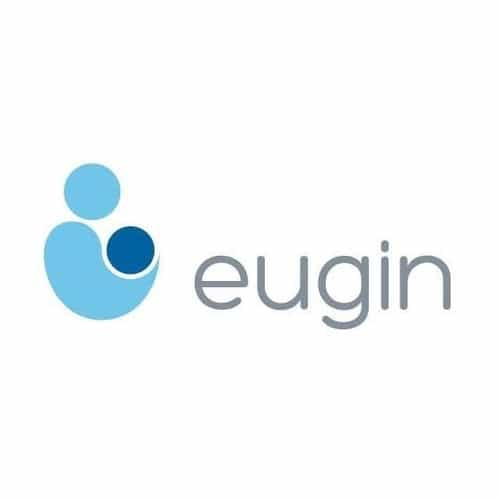
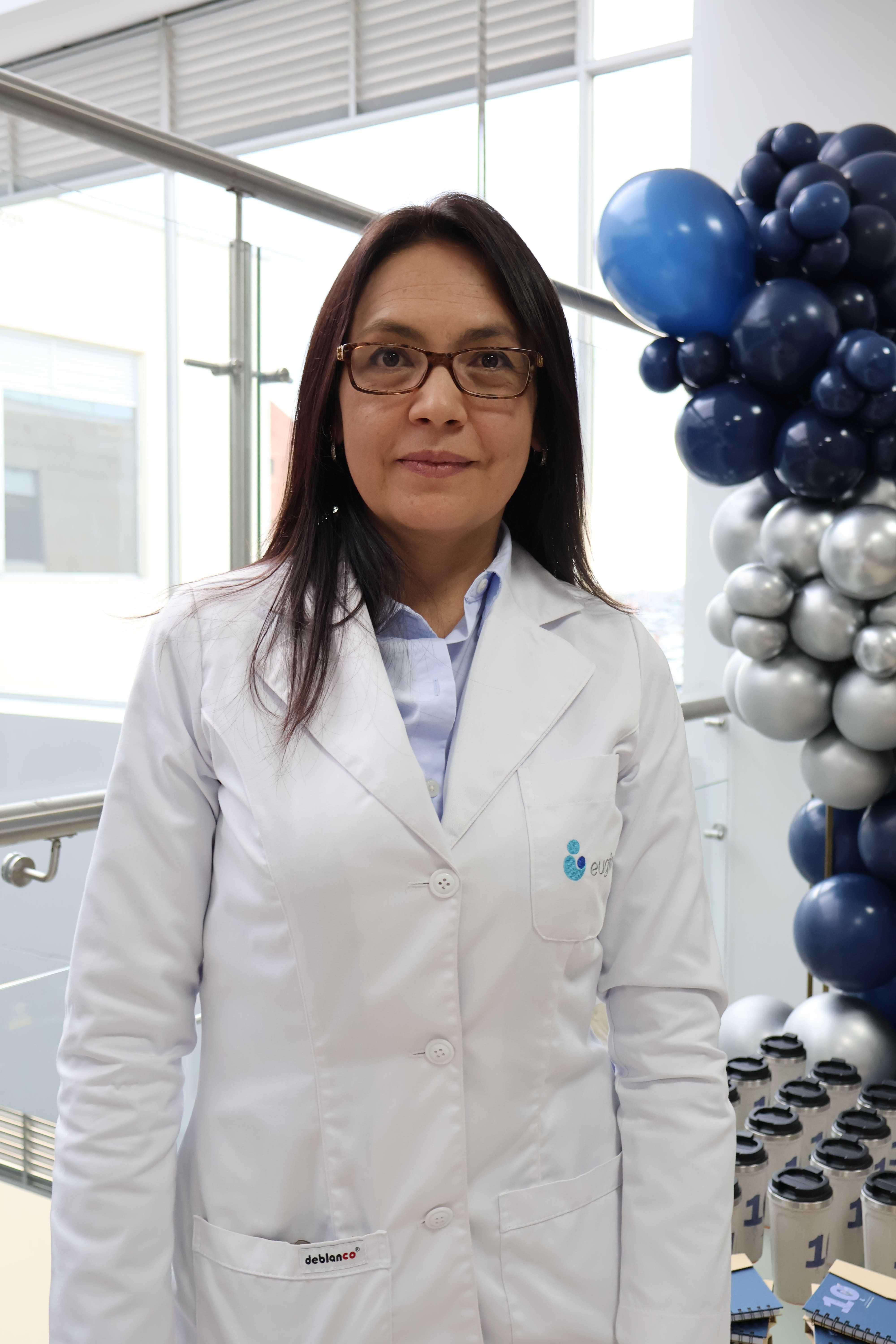
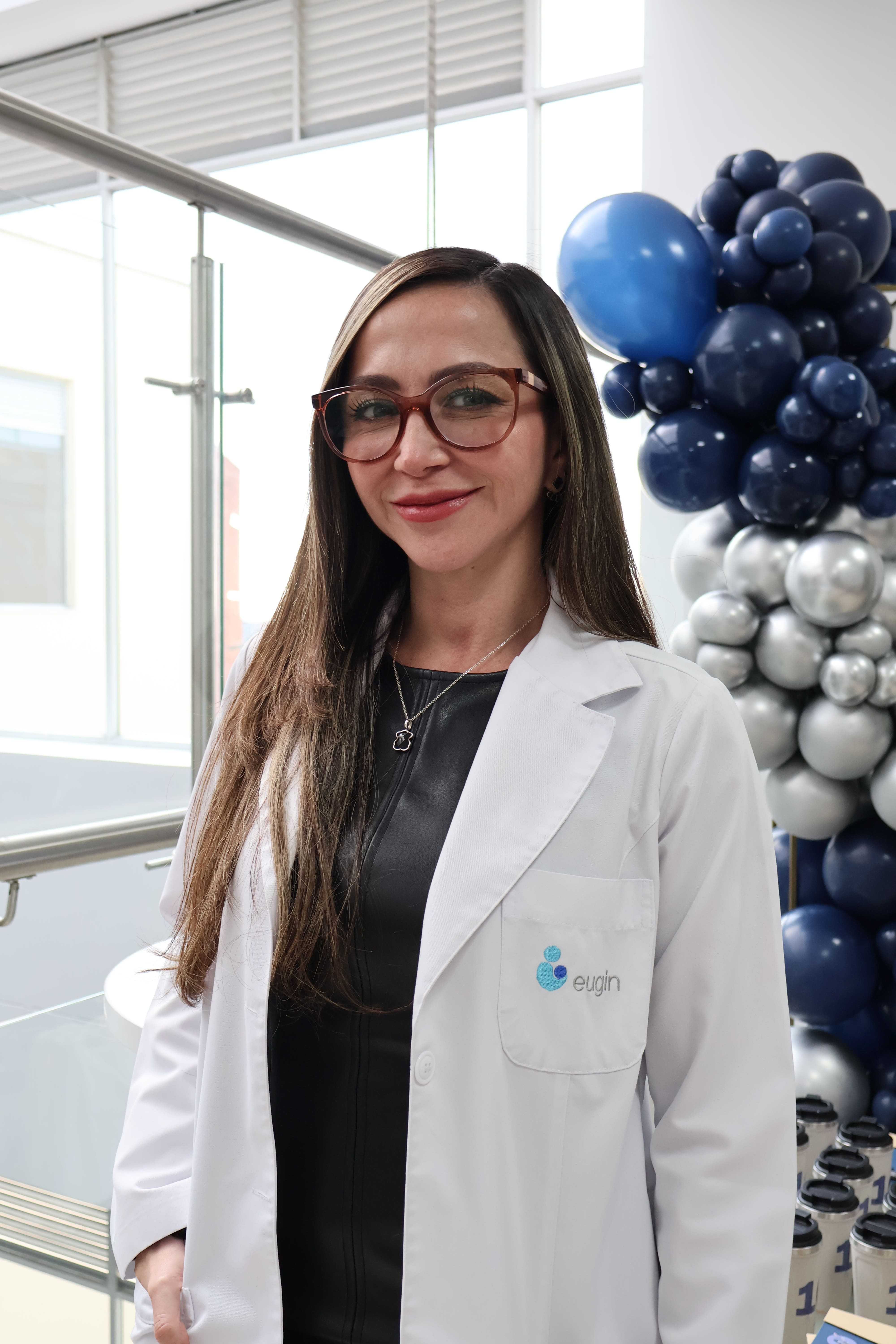

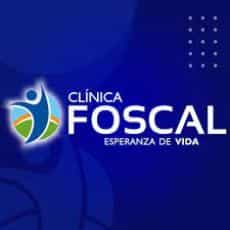
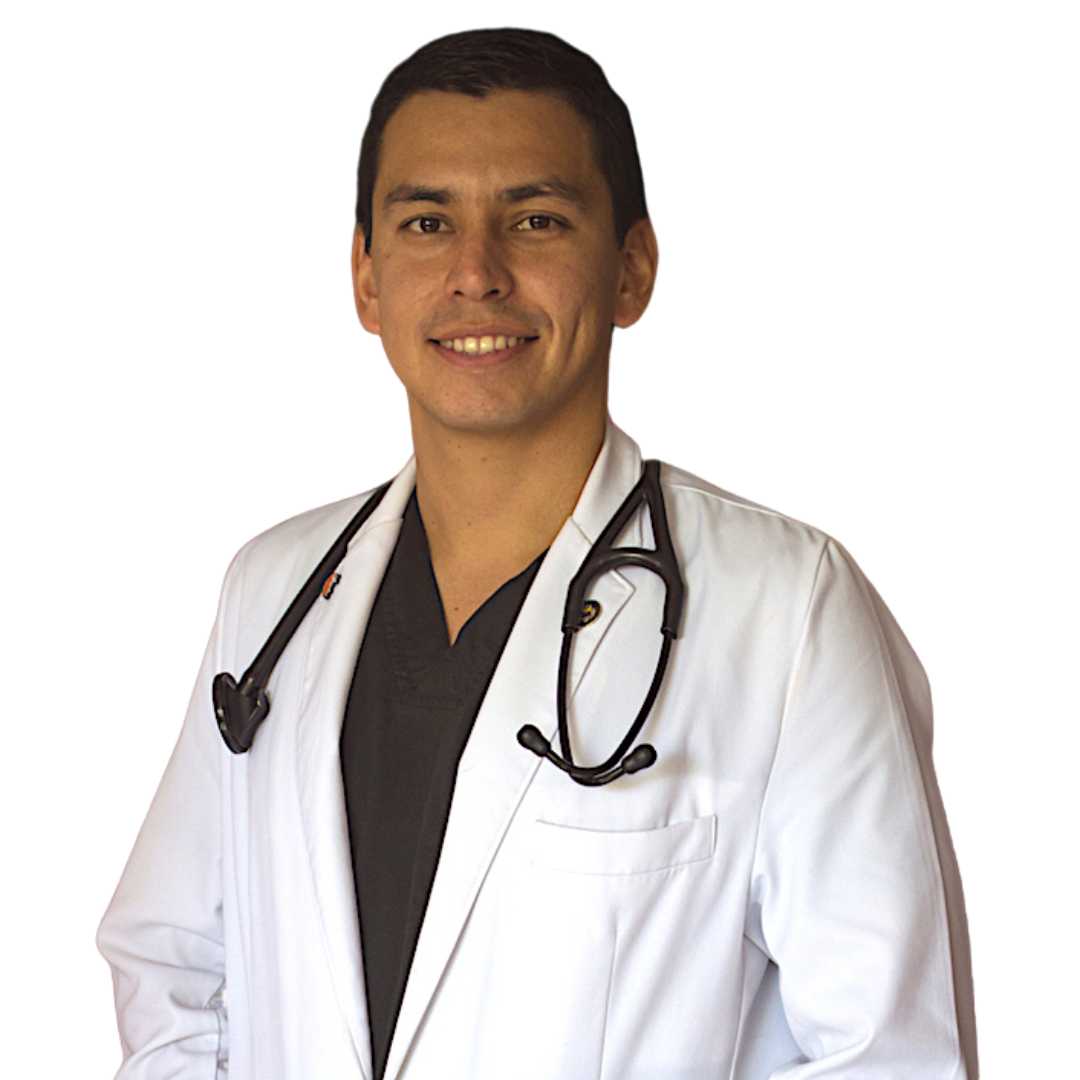

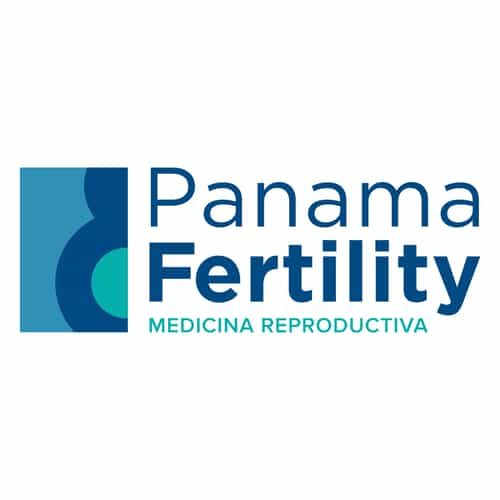
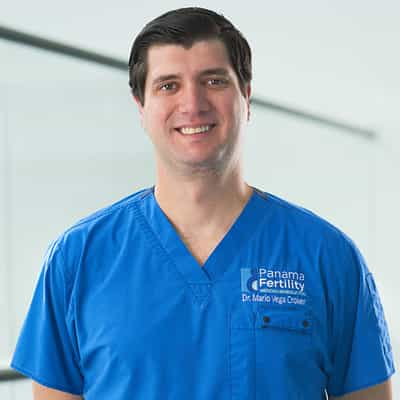
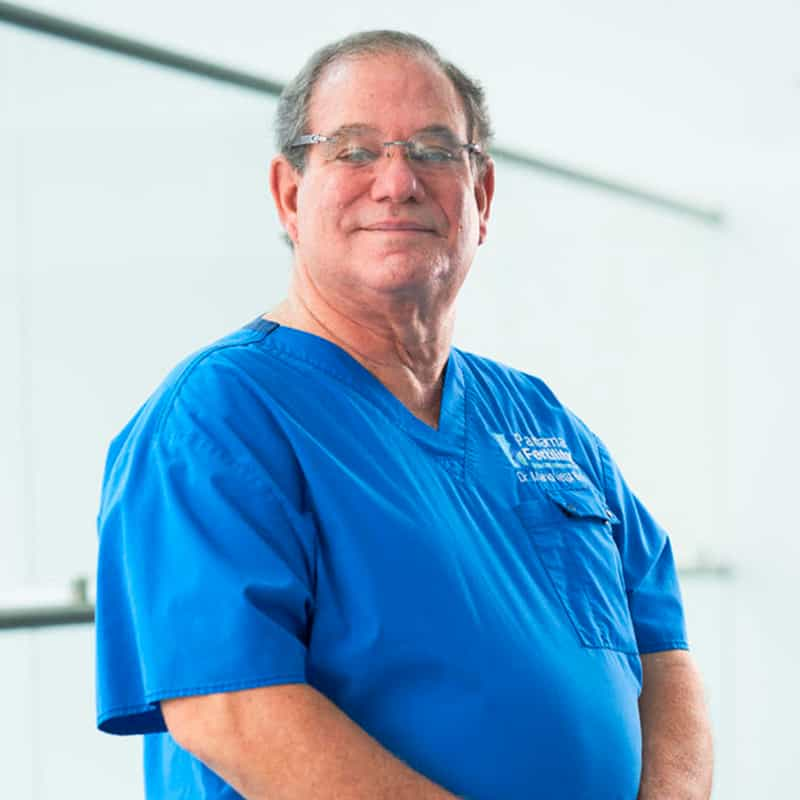
.png)
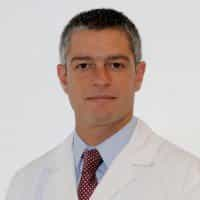

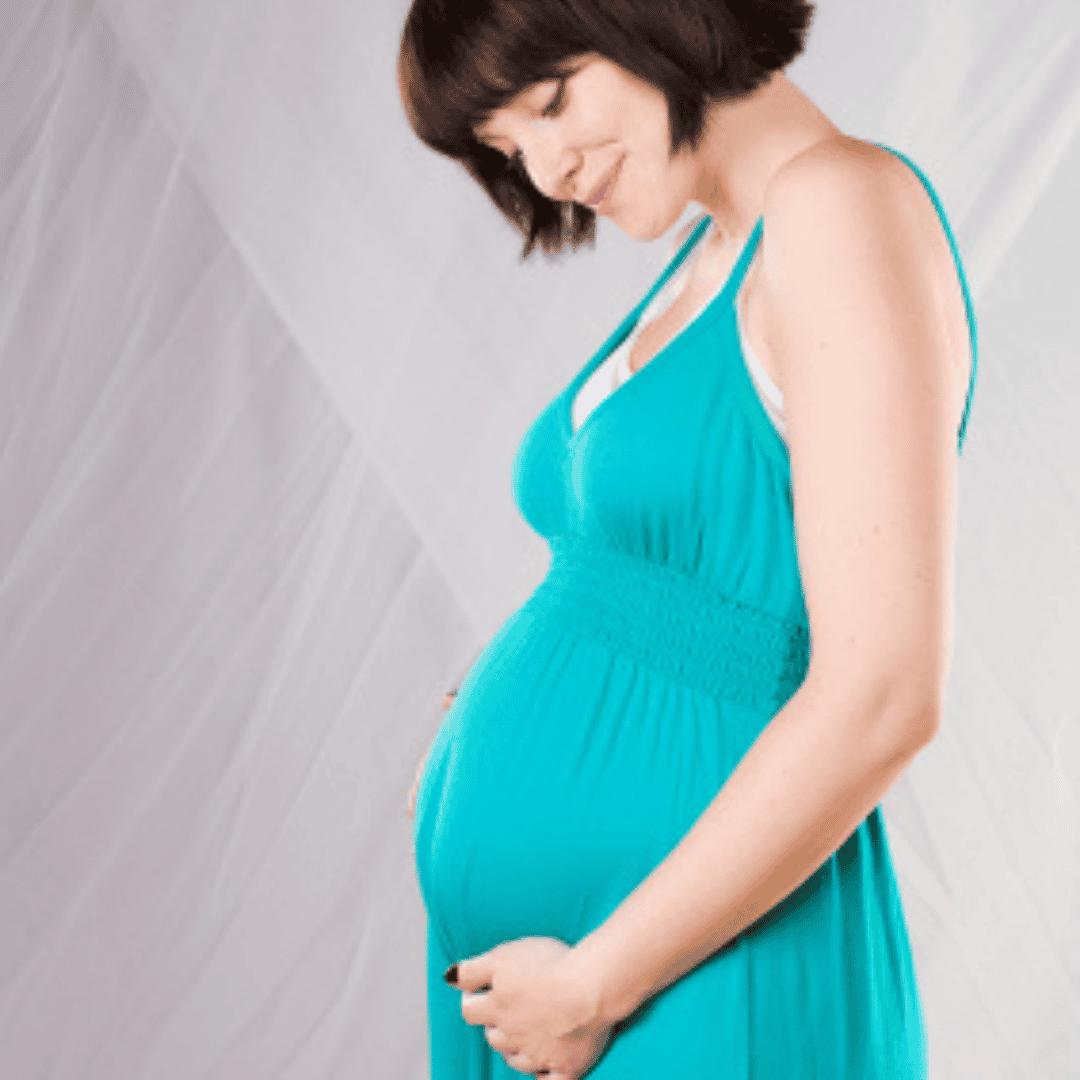



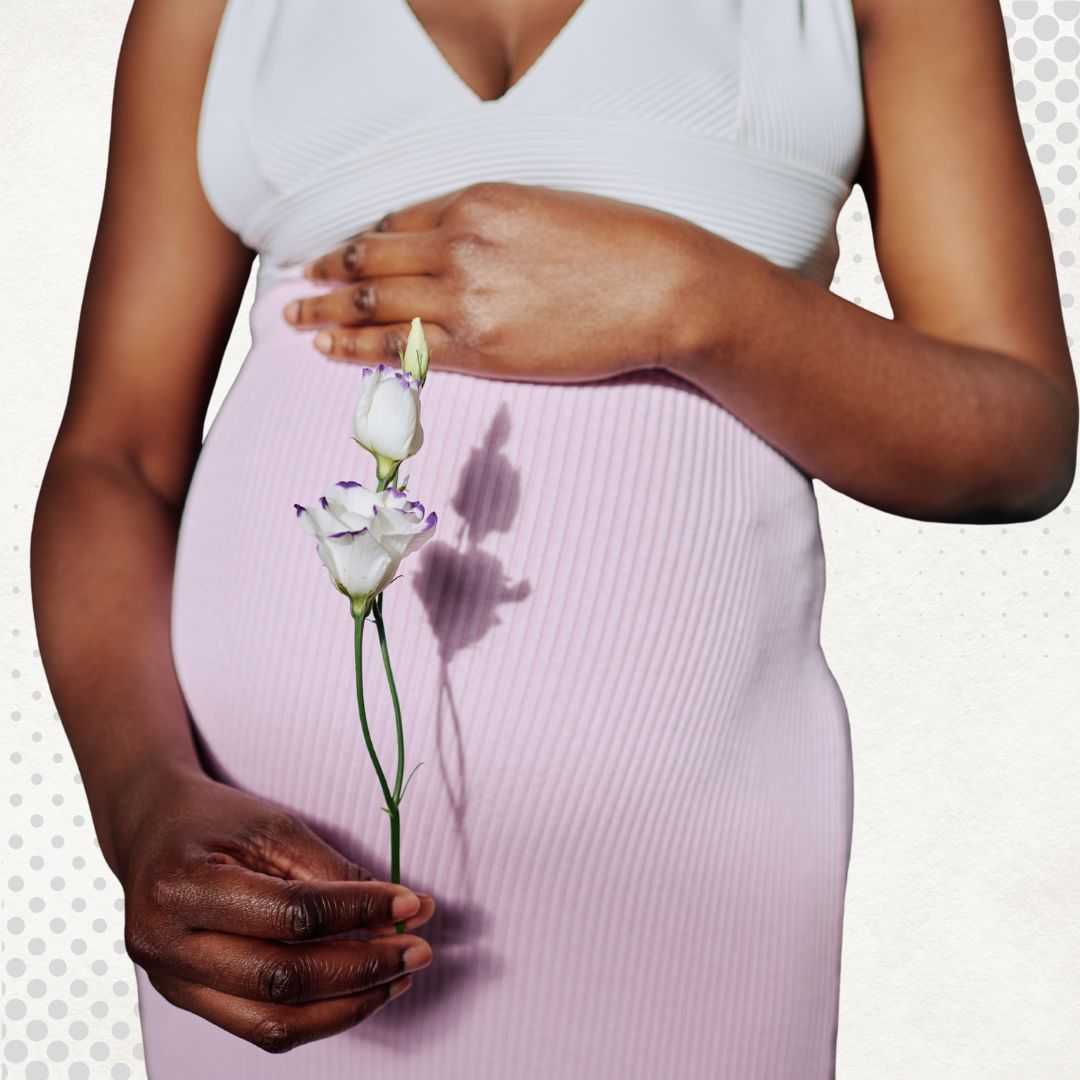
.png)



Excelente (Translated by Google) Excellent
Read More